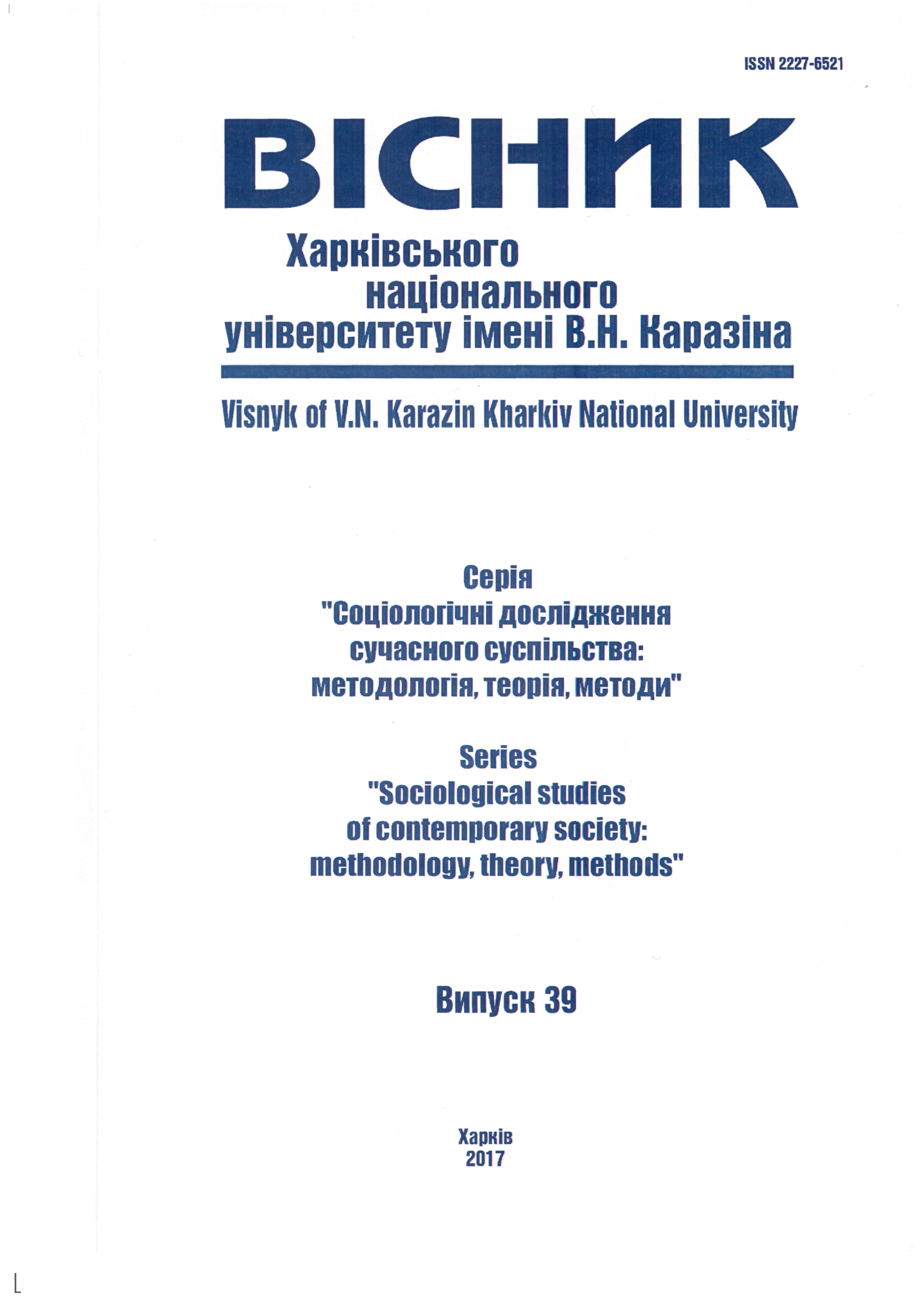Polish-Ukrainian Projects as a Source of Solving the Socio-Economic Inequalities of the Border Regions
Abstract
An article look at EU programs as a tool for soliciting the effects of socio-economic inequalities that occur in the territories of Poland and Ukraine may be solved or minimized. The characteristics of the cooperation undertaken by the countries concerned are described. The inhibitory factors are also shown and analyzed, but also the activating communities of the studied areas. Border areas, due to their importance in the development of regions or states, are a key element of development policy both within the European Union and in the individual countries forming it. Cross-border cooperation has become an important element in equalizing inequalities and increasing the level of development of the regions participating in it. It is instrumental in the development of activities in the sphere of economy, the development of local communities and the strengthening of ties between inhabitants of given areas, promotion of the region and its cultural values. Analysis was made on the basis of documents on financing cooperation during the analyzed period and analysis of economic projects. Analyzed data were used to analyze the networks created on the basis of the resources of the economic projects.
Downloads
References
Mikuła-Bączek E. Factors limiting and activating cross-border cooperation between Poland and Ukraine / Mikuła-Bączek E. – Available at: https://www.ur.edu.pl
Mierosławska A. Factors activating and inhibiting the development of cross-border cooperation, Territorial Self-government / Mierosławska A., 2004.
Krok K. Polish-Ukrainian cross-border cooperation / K. Krok, M.Smętkowski // New frontiers of the European Union – cooperation or exclusion?; red. G.Gorzelak, K.Krok. – Warszawa: Wyd. Naukowe SCHOLAR, 2006.
Neighborhood Program Poland-Belarus-Ukraine INTERREG III A / Tacis CBC 2004-2006.
Characteristics of poviats included in the Polish-Ukrainian composition border zone, Statistical office in Rzeszow.
Cbc program cross-border cooperation Poland-Belarus-Ukraine.
H. Dumała, Transnational Networks Territorial in Europe, Lublin 2012.





